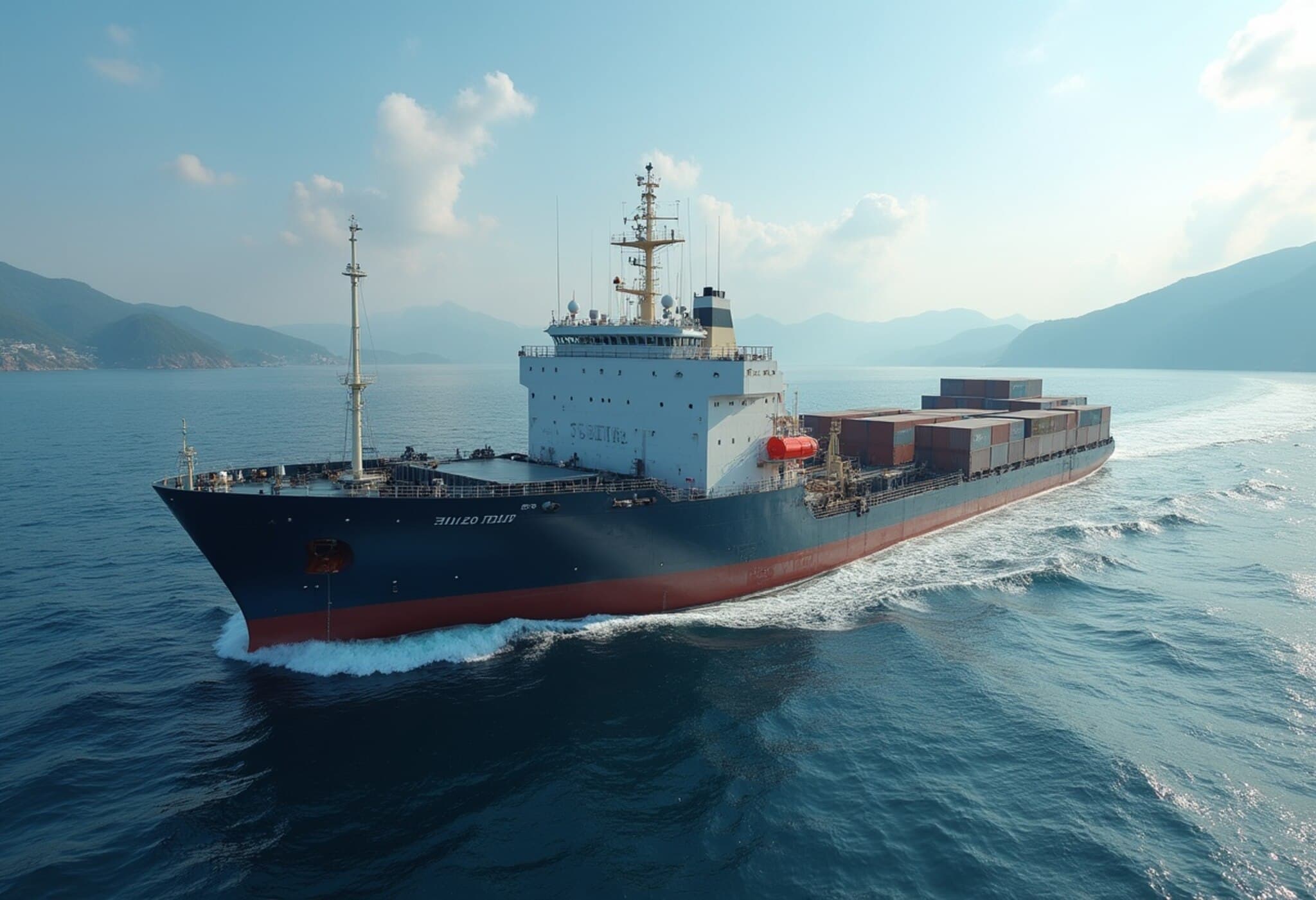Tragic Maritime Accident Near Japan’s Oita Region
In a distressing incident off the southern coast of Japan, a yacht and a cargo ship collided near Hoto Island, resulting in one confirmed death and several individuals reported missing. The accident occurred on Wednesday morning, prompting an urgent response from the Japan Coast Guard.
Details of the Collision
According to officials, the collision involved a 492-ton gravel carrier and a smaller yacht navigating the waters near Oita Prefecture. The gravel carrier’s captain promptly informed the Coast Guard of the collision, initiating search and rescue operations. Amid the chaos, a 70-year-old man from Oita was discovered unconscious in the water around 10:00 a.m., but tragically, he was later confirmed dead at the hospital.
Search and Rescue Efforts Underway
The Japan Coast Guard has mobilized an extensive search operation comprising six vessels and one aircraft. Their primary objective is to locate any other survivors who might have been aboard the yacht. The exact number of those missing remains unclear, but the Coast Guard's swift reaction underscores the urgency and gravity of the situation.
Expert Commentary: Navigational Risks and Emergency Preparedness
This incident highlights the inherent risks of mixed maritime traffic in coastal regions where recreational vessels and commercial ships share waterways. Experts stress the need for enhanced maritime safety protocols, particularly around busy shipping lanes like those adjacent to Japan’s southern coast.
Dr. Emi Tanaka, a maritime safety analyst based in Tokyo, commented, "Collisions such as these reflect challenges in communication and navigation, especially under complex coastal conditions. Continuous training and investment in real-time tracking technologies are critical to prevent similar tragedies."
Regional and International Perspectives
Japan’s vast coastline and its intense marine traffic—ranging from large cargo carriers to private yachts—pose ongoing challenges for maritime authorities. U.S. Coast Guard officials have noted similar risks in busy ports and recreational zones, advocating for cross-border cooperation on maritime safety standards.
Questions for Reflection
- How can Japan and other coastal nations better manage the coexistence of cargo and recreational vessels?
- What role can advanced navigation and AI-based monitoring systems play in reducing collision risks?
- Are current emergency response frameworks adequately resourced to handle such high-risk incidents promptly?
Looking Ahead
The ongoing search and rescue efforts remain critical as authorities hope to locate any survivors. Meanwhile, this tragedy serves as a sobering reminder of the delicate balance in maritime safety and the human cost when it is disrupted.
The collision near Hoto Island underscores persistent vulnerabilities in maritime navigation between commercial and leisure vessels. Beyond the immediate human tragedy, it prompts urgent reflection on improving technological safeguards and cross-agency coordination to avert future incidents. As coastal recreational boating grows, robust regulatory frameworks and rapid response capabilities become ever more essential.








